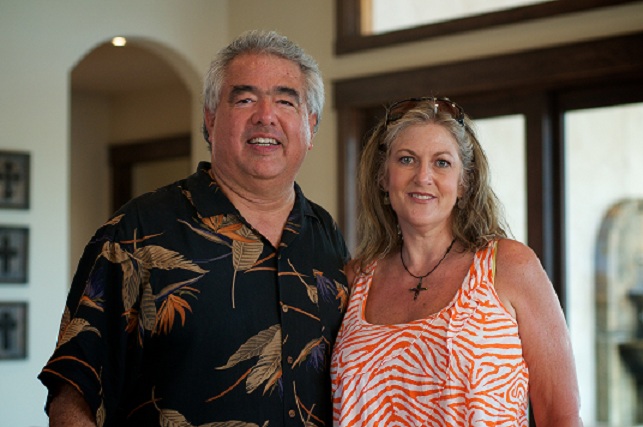
Image by Gerd Altmann from Pixabay
If you anticipate that you will inherit an estate at some point or if you plan to leave your estate to an heir, it is important to plan for the potential tax implications of that transfer. The federal estate tax is one aspect to consider. Depending on the value of the estate, some beneficiaries may not have to pay taxes however, those with higher value estates might end up paying a significant sum. It is crucial to plan ahead when it comes to inherited real estate.
What is the Estate Tax?
Estate Tax is assessed based on the current market value of the estate as a whole and is then paid by the estate itself. The tax is collected when assets are transferred to named beneficiaries after a person is deceased. The tax is based on the current market value of the assets being transferred after other debts have been settled or charitable contributions have been made. This tax only applies to estates worth more than $11.58 million based on the current limit established by the federal government in 2020. Estates valued over 11.58 million are subject to a 40% tax. Some states have their own estate tax requirements so there could be additional considerations based on where you live.
The first step to determine how an estate tax might be assessed is to calculate the market value of the estate. In general, this should include financial assets as well as property. For example, if someone receives $8 million in financial assets and an additional $2 million in real estate, the total value is $10 million. The value of the real estate is taken at the current fair market value, not the price at which it was originally purchased. If there is a mortgage or other outstanding debt, those are paid by the estate before the final value of the estate is calculated.
Each estate is entitled to a lifetime financial exemption, in 2020 the exemption is $11.58 million. This means that all estates up to $11.58 million will not receive a federal estate tax bill. For couples, this number is doubled up to $23.16 million. Once the asset value exceeds the established limits, every dollar is subject to the 40% estate tax which can add up quickly.
It's a good idea to work closely with a professional financial advisor when making plans for the future of your estate as there are many details to consider depending on where you live and the particulars of your situation. Ask your real estate agent for local recommendations to get you started.
About the Author

Ralph R. Rodriguez
Hello and welcome!
For more than 30 years now I have been helping folks Buy, Sell or Invest in Real Estate in and around San Antonio and the surrounding communities.
We seek to Honor God by assisting folks in their needs when it comes to all things real estate and are focused on providing the individual service and attention to detail that help our clients, friends and family manage the complex process of the single largest purchase any of them, or you, might make.
We welcome the opportunity to start this fellowship with you and your family and are committed to earning your trust, earning your business and in the end celebrating your "new" home and becoming a member of our Fellowship Real Estate family.
Thank you and God Bless.